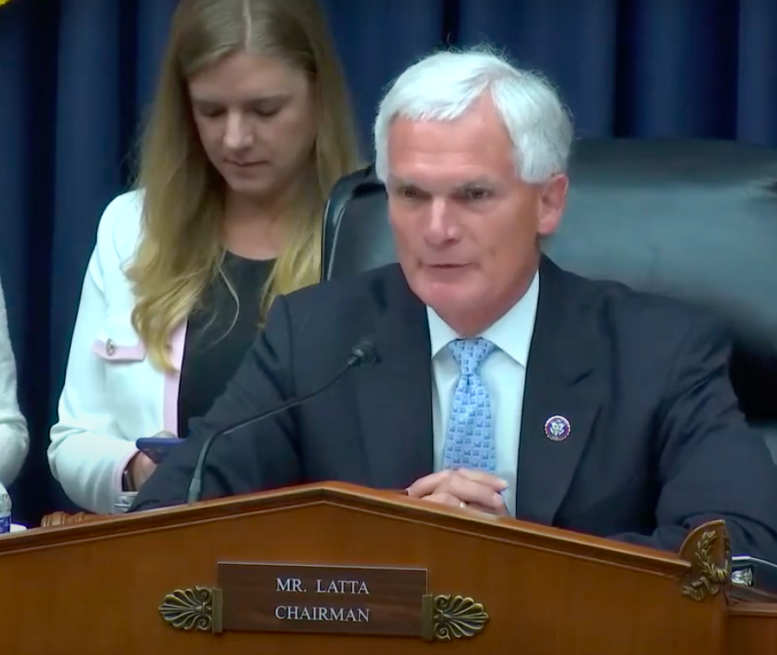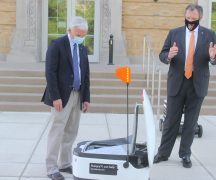Tuesday (6-6-23), Communications and Technology Subcommittee Chair Bob Latta (R-OH5) led a hearing to examine the role of AM radio following reports that AM radio receivers may be removed in certain vehicles.
Witnesses from the hearing included President of Woof Boom Radio, Jerry “J” Chapman. Woof Boom Radio delivers radio services to communities across Ohio and Indiana, including Latta’s district.
“AM radios provide reliable access to emergency alerts, local news, and more for communities in Ohio and across America,” Latta said. “Removing this access is a public safety issue, and I am pleased our subcommittee today heard from knowledgeable witnesses who stressed the importance of automakers maintaining AM radio receivers in vehicles. Rural communities I serve in Ohio cannot afford to miss out on critical and oftentimes lifesaving emergency updates.”
Click here, to view Latta’s line of questioning. Latta’s full opening remarks are here.
Background on AM radio issue:
- Recent reports have detailed auto manufacturers have removed or plan to remove AM radio receivers from vehicles.
- After hearing from hundreds of constituents and local radio programmers on this issue, Latta led the charge with Rep. Greg Pence (R-IN6) and 100 Members of Congress in a letter to several automakers asking for clarification and to provide answers on these reports.
- Days later, Ford reversed course and announced they would keep AM radio receivers in their vehicles.
Access to AM radio is a public safety issue:
- According to the Federal Emergency Management Agency (FEMA), AM radio has more than 45 million listeners each month, and the American people rely on it for emergency alerts and local news, weather, and information.
- Over 75 radio stations, the majority of which operate on AM broadcast and cover at least 90% of the American population, have equipment that allow them to continue to broadcast information to the public during and after an emergency, even when Internet connectivity and cell phone service is unavailable.
- AM broadcast radio serves as the backbone of our nation’s Emergency Alert System (EAS) and is critical to public safety in times of crises.





